Introduction:
Gender equality is a fundamental principle that guides societies towards progress, development, and prosperity. Empowering women and promoting their rights is of utmost importance in achieving gender equality. Civil society organizations play a crucial role in driving women’s empowerment by implementing initiatives and programs that address the various challenges and barriers women face.
The power of civil society grantmaking:
Civil society grantmaking is an essential tool in supporting gender equality initiatives. It provides financial resources to organizations that are dedicated to advancing women’s rights and empowerment. Grants enable civil society organizations to implement projects that tackle issues such as gender-based violence, economic disparities, discrimination, and lack of access to education and healthcare. These initiatives empower women by giving them the tools, knowledge, and resources to overcome obstacles and thrive in their personal and professional lives.
Creating sustainable change:
Supporting gender equality initiatives through civil society grantmaking goes beyond providing immediate resources. It is about creating sustainable change that will have a lasting impact on women’s lives. By funding organizations that work towards systemic change, civil society grantmakers are addressing the root causes of gender inequality. This can include advocating for policy reforms, promoting gender-responsive laws, and challenging social norms and stereotypes.
The importance of collaboration:
Achieving gender equality requires collaboration and partnership between civil society organizations, governments, and other stakeholders. Civil society grantmaking plays a critical role in fostering these partnerships. By supporting initiatives that encourage collaboration and cooperation, grantmakers can leverage the strengths and expertise of different organizations to maximize the impact of their funding. Together, these partnerships can drive real and meaningful change for women and work towards a more equitable and inclusive society.
Supporting Gender Equality Initiatives
Gender equality is a fundamental human right and an essential component of a just and equitable society. To support gender equality initiatives, it is crucial to invest in civil society organizations that work towards empowering women and promoting gender equality.
One way to support gender equality initiatives is through grantmaking. By providing financial support to civil society organizations, we can help them implement projects and programs that address the specific challenges faced by women and promote their rights and empowerment.
Grantmaking for Women’s Rights Organizations
Supporting women’s rights organizations is essential for driving gender equality. These organizations play a vital role in advocating for policy changes, providing support services, and empowering women to participate fully in all aspects of society. Through grantmaking, we can assist these organizations in expanding their reach, strengthening their capacity, and achieving their goals.
Grantmaking can also be targeted towards projects that promote women’s economic empowerment. By supporting initiatives that provide women with training, skills development, and access to financial resources, we can help break down barriers and create opportunities for women to thrive in the workforce and achieve economic independence.
Supporting Grassroots Movements
Another important aspect of supporting gender equality initiatives is investing in grassroots movements and community-based organizations. These organizations often have a deep understanding of the specific needs and challenges faced by women in their communities and can develop effective strategies to address them.
Through grantmaking, we can provide these grassroots organizations with the resources they need to implement projects and programs that empower women, challenge harmful gender norms, and promote gender equality at the local level.
In conclusion, supporting gender equality initiatives through civil society grantmaking is a powerful way to drive positive change. By investing in women’s rights organizations, projects for women’s economic empowerment, and grassroots movements, we can make a significant impact in advancing gender equality and empowering women to fully participate in society.
The Role of Civil Society
Civil society plays a crucial role in advancing gender equality initiatives. Through their grassroots work and advocacy efforts, civil society organizations (CSOs) are able to address the specific needs and challenges faced by women and girls.
CSOs provide a platform for women to come together, share their experiences, and empower themselves. They create safe spaces where women can voice their concerns and develop strategies to overcome gender-based discrimination and violence.
Additionally, CSOs play a key role in raising awareness about gender equality issues. They organize campaigns, workshops, and trainings to educate communities and challenge societal norms that perpetuate gender inequality.
CSOs also work towards ensuring that women have equal access to opportunities and resources. They advocate for policies that promote gender equality in areas such as education, health, employment, and political participation.
Furthermore, CSOs hold governments accountable for their commitments to gender equality. They monitor the implementation of laws and policies and push for their effective enforcement. CSOs also collaborate with other stakeholders, such as businesses and international organizations, to leverage resources and maximize impact.
In conclusion, civil society plays a vital role in driving women’s empowerment and supporting gender equality initiatives. Their efforts are instrumental in creating a more inclusive and equal society for all.
Grantmaking for Empowerment
Grantmaking for empowerment is a crucial tool in fostering gender equality and supporting initiatives that empower women. Through strategic grantmaking, funders can provide financial resources and support to organizations that are working to advance women’s rights and opportunities.
Impactful grants: Grantmaking for empowerment focuses on providing grants that have a real and lasting impact on the lives of women. This includes funding projects and initiatives that promote women’s leadership, economic empowerment, access to education and healthcare, and the elimination of gender-based violence.
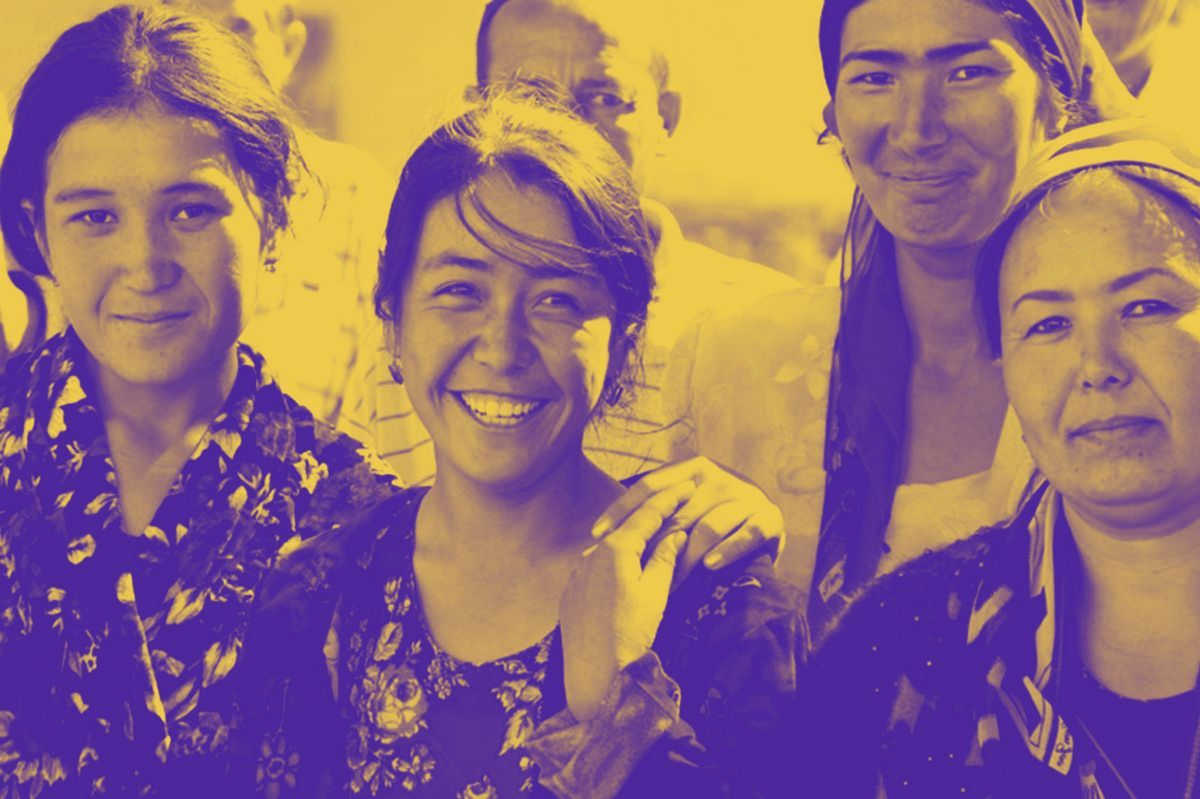
Strategic collaboration: Grantmaking for empowerment also involves strategic collaboration with civil society organizations and other stakeholders. By working together, funders and grantees can leverage their resources and expertise to maximize the impact of their efforts and create meaningful change.
The power of grassroots organizations:
Grantmaking for empowerment recognizes the crucial role of grassroots organizations in promoting gender equality. These organizations are often deeply rooted in local communities and have a deep understanding of the unique challenges faced by women in those communities. Supporting grassroots organizations through grants enables them to implement effective solutions and create sustainable change.
Capacity-building and sustainability:
In addition to providing financial support, grantmaking for empowerment also focuses on capacity-building and sustainability. This includes providing training and technical assistance to grantees to strengthen their organizational capacity and ensure the long-term success of their initiatives. It also involves supporting initiatives that promote women’s economic independence and financial sustainability.
Monitoring and evaluation: Grantmaking for empowerment ensures that the impact of funded projects is monitored and evaluated. This helps funders and grantees track progress, identify areas for improvement, and share learnings with the broader community. It also allows for accountability and transparency in the grantmaking process.
Grantmaking for empowerment is an important strategy for driving women’s empowerment and advancing gender equality. By providing financial support, strategic collaboration, capacity-building, and monitoring and evaluation, funders can make a tangible difference in the lives of women and contribute to a more equal and inclusive society.
Impact of Funding on Gender Equality
Funding plays a crucial role in driving gender equality initiatives and promoting women’s empowerment. By providing financial support to civil society organizations, funding enables the implementation of projects and programs that address the various challenges and barriers faced by women and girls.
With adequate funding, organizations can develop and deliver gender-focused interventions such as education and training programs, awareness campaigns, and advocacy efforts. These interventions aim to eradicate gender-based discrimination, improve access to quality healthcare and education, promote economic opportunities, and empower women to participate fully in decision-making processes in their communities.
Moreover, funding allows civil society organizations to conduct research and collect data on gender inequality and related issues. This data is essential for evidence-based policymaking and helps identify the root causes of gender disparities. By understanding the specific challenges faced by women and girls, policymakers can develop targeted interventions and allocate resources effectively to promote gender equality.
Funding also facilitates capacity-building and networking opportunities for organizations working to advance gender equality. It enables the training of staff, volunteers, and community leaders, equipping them with the skills and knowledge needed to drive transformative change. Additionally, funding support allows organizations to collaborate and share best practices, fostering a culture of collective action and continuous learning.
In conclusion, funding plays a vital role in advancing gender equality by empowering civil society organizations to implement interventions, conduct research, promote capacity-building, and foster collaboration. By investing in these initiatives, funders contribute to creating a more inclusive and equitable society where women and girls can thrive and realize their full potential.
Strategies for Effective Grantmaking
When it comes to supporting gender equality initiatives through grantmaking, there are several strategies that can make the process more effective.
1. Prioritize direct impact:
One strategy is to prioritize funding initiatives that have a direct impact on advancing gender equality. This can include projects focused on education, healthcare, economic empowerment, and political participation for women. By focusing on initiatives that directly address the barriers to gender equality, grantmakers can maximize their impact.
2. Foster collaboration:
Another strategy is to encourage collaboration among grantees and other stakeholders. By bringing together organizations and individuals working towards the same goal, grantmakers can create a more coordinated and comprehensive approach to gender equality. This can lead to greater impact and avoid duplication of efforts. Grantmakers can facilitate collaboration through networking events, workshops, and other platforms for knowledge exchange.
3. Support capacity building:
Grantmakers can also support capacity building initiatives to empower organizations working on gender equality. This can include providing resources for training, technical assistance, and organizational development. By investing in the capacity of grantees, grantmakers can help ensure their long-term sustainability and effectiveness in advancing gender equality.
4. Promote diversity and inclusion:
Grantmakers should also prioritize diversity and inclusion in their grantmaking process. This means actively seeking out and supporting initiatives led by marginalized communities, including women from ethnic minorities, LGBTQ+ individuals, and women with disabilities. By promoting diversity and inclusion, grantmakers can ensure that the voices and experiences of all women are represented in the initiatives they support.
5. Monitor and evaluate impact:
It is important for grantmakers to monitor and evaluate the impact of the initiatives they support. By tracking the progress and outcomes of funded projects, grantmakers can learn from successes and challenges and make informed decisions on future funding priorities. Monitoring and evaluation can also help ensure accountability and transparency in the grantmaking process.
In conclusion, by prioritizing direct impact, fostering collaboration, supporting capacity building, promoting diversity and inclusion, and monitoring and evaluating impact, grantmakers can effectively support gender equality initiatives and drive women’s empowerment.
Developing Partnerships with NGOs
Building strong partnerships with non-governmental organizations (NGOs) is key to driving women’s empowerment initiatives. NGOs play a crucial role in implementing programs and projects that promote gender equality and support women’s rights. These organizations have the expertise, resources, and networks to create meaningful change in communities.
When developing partnerships with NGOs, it is important to establish clear goals and objectives. This involves identifying shared values and aligning strategies to ensure a collaborative approach. Both parties should have a common understanding of the desired outcomes and the steps needed to achieve them.
Effective communication is essential in partnership development. Regular meetings, open dialogue, and shared decision-making processes help to build trust and ensure transparency. It is vital to maintain a strong line of communication throughout the partnership, addressing any challenges or concerns together.
In addition to communication, resource sharing is a critical component of successful NGO partnerships. This can include financial resources, technical expertise, and access to networks. By pooling resources, NGOs and donors can maximize their impact and reach a broader audience with their initiatives.
Collaboration and coordination
Collaboration and coordination among NGOs are also key to driving women’s empowerment initiatives. By sharing best practices, lessons learned, and success stories, NGOs can support and inspire each other’s work. This can be done through regular meetings, workshops, and conferences that bring organizations together to exchange ideas and experiences.
Efforts should be made to avoid duplication of efforts and ensure that resources are used efficiently. Coordinated efforts among NGOs can lead to a more streamlined and effective approach in addressing gender inequality. Through partnerships, NGOs can leverage each other’s strengths and fill gaps in their own capacities.
In order to develop strong partnerships with NGOs, it is important for donors to understand the unique challenges and opportunities that these organizations face. This includes providing flexible funding mechanisms, capacity-building support, and recognition for their achievements. By investing in NGOs, donors can contribute to the sustainable development and empowerment of women.
Case Studies: Successful Gender Equality Projects
1. Empowering Women Entrepreneurs in Rural Communities
One successful gender equality project focused on empowering women entrepreneurs in rural communities. The project provided training and resources to women who wanted to start their own businesses, equipping them with the skills and knowledge needed to succeed. The project also worked to address social norms and barriers that often discourage women from pursuing entrepreneurship.
Key Achievements:
- Successful establishment of over 100 women-led businesses in rural communities.
- Increased financial independence and empowerment for women, leading to improved quality of life for themselves and their families.
- Positive social impact, challenging gender stereotypes and promoting the value of women’s economic contributions.
2. Promoting Women’s Political Participation
Another successful gender equality project focused on promoting women’s political participation. The project aimed to increase the representation of women in decision-making and leadership positions, both at the local and national levels. It provided training and support to women interested in running for office, as well as advocacy efforts to create an enabling environment for women in politics.
Key Achievements:
- Significant increase in the number of women successfully elected to political positions.
- Strengthened women’s voices and perspectives in policy-making processes.
- Increased awareness and public support for women’s political participation, challenging gender biases and stereotypes.
3. Eliminating Gender-Based Violence
A successful gender equality project focused on eliminating gender-based violence within communities. The project implemented comprehensive strategies to raise awareness, provide support services, and advocate for policy changes to address gender-based violence. It worked with local institutions and community leaders to create safe spaces and establish a culture of gender equality and respect.
Key Achievements:
- Increased awareness and understanding of gender-based violence, leading to a reduction in incidents.
- Improved access to support services for survivors, including counseling and legal assistance.
- Policy changes and legal reforms to strengthen protection against gender-based violence.
In conclusion, these case studies demonstrate the effectiveness of gender equality projects in driving women’s empowerment. By addressing specific barriers and promoting inclusive practices, such initiatives can create lasting change and contribute to a more equal and just society.
Advocacy and Awareness Building
In order to address the gender equality issues and promote women’s empowerment, it is crucial to engage in advocacy and raise awareness about these issues. Advocacy can be done through various channels such as social media campaigns, public speaking engagements, and lobbying for policy changes.
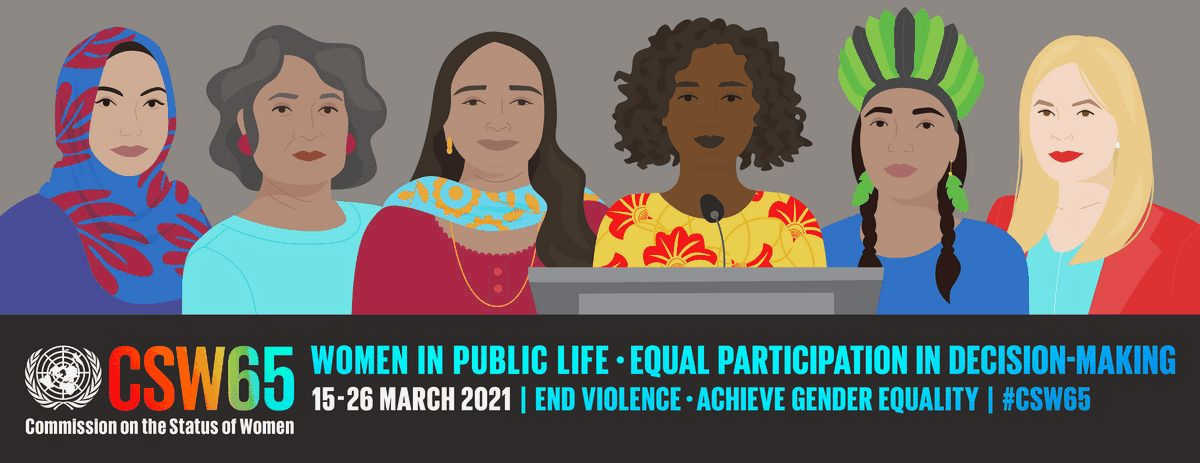
Engaging in Social Media Campaigns
Social media platforms provide a powerful tool for advocating for gender equality and women’s empowerment. Organizations can leverage platforms such as Facebook, Twitter, and Instagram to raise awareness about the challenges faced by women and to spread messages of empowerment. Through targeted campaigns, organizations can reach a wider audience, engage in meaningful conversations, and mobilize support for their cause.
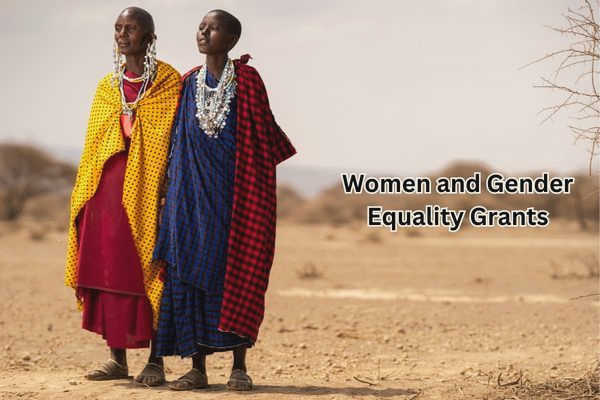
Public Speaking Engagements
Public speaking engagements offer an opportunity for organizations to share their knowledge, experiences, and perspectives on gender equality and women’s empowerment. By speaking at conferences, seminars, and events, organizations can educate and inspire others, challenge existing norms and biases, and encourage individuals and communities to take action for change.
Lobbying for Policy Changes
Influencing policy and legislative changes is another important aspect of advocacy. Organizations can lobby for gender equality initiatives by engaging with policymakers, participating in policy dialogues and consultations, and providing evidence-based research and recommendations. By advocating for changes in laws and policies, organizations can create an enabling environment for women’s empowerment, address discrimination, and promote equal opportunities for women in various spheres of life.
Overall, advocacy and awareness building play a critical role in driving women’s empowerment. By leveraging social media platforms, engaging in public speaking engagements, and lobbying for policy changes, organizations can bring attention to gender equality issues, challenge societal norms, and work towards creating a more inclusive and equitable world for women.
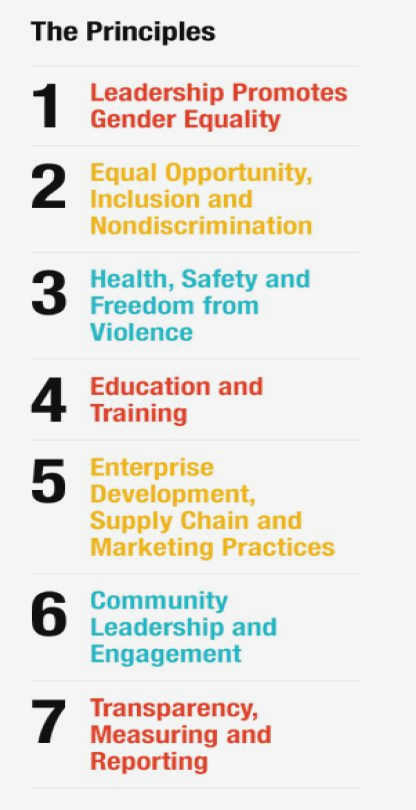
Challenges and Opportunities in Grantmaking
Grantmaking for gender equality initiatives presents various challenges and opportunities. One challenge is identifying the most effective projects that will drive women’s empowerment. Grantmakers need to carefully evaluate proposals and ensure they align with the goals and objectives of the funding organization.
Another challenge is ensuring that the grants reach the intended beneficiaries. It is important to establish strong monitoring and evaluation systems to track the progress and impact of funded projects. This helps grantmakers identify any gaps or areas for improvement and make informed decisions about future funding.
One opportunity in grantmaking is the potential for collaboration and partnerships. By working together with other organizations and stakeholders, grantmakers can leverage resources and expertise to achieve greater impact. This can involve forming alliances with local NGOs, government agencies, and other civil society organizations to pool resources and share knowledge.
Technology presents another opportunity in grantmaking. With the increasing use of digital platforms, grantmakers can reach a wider audience and facilitate efficient application and reporting processes. Online platforms also allow for greater transparency and accountability, as stakeholders can easily access information about funded projects and outcomes.
Grantmakers also have the opportunity to support capacity building efforts. By providing technical assistance and training to grantees, they can enhance the effectiveness and sustainability of funded projects. This can include offering workshops on project management, mentoring programs, or facilitating networking opportunities for grantees to learn from each other.
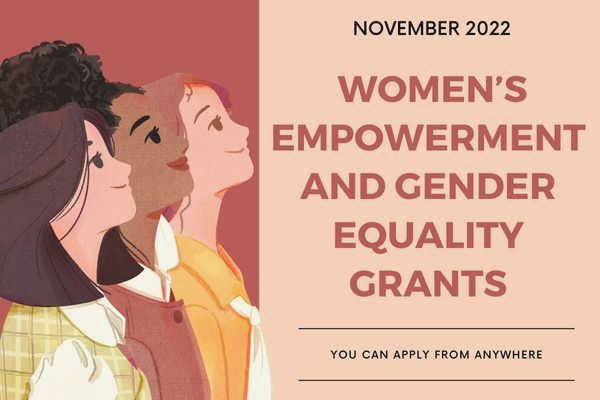
In conclusion, grantmaking for gender equality initiatives comes with its challenges, but also offers exciting opportunities for driving women’s empowerment. It requires careful planning, collaboration, and leveraging technology to maximize impact and ensure accountability.
Future of Gender Equality Initiatives
The future of gender equality initiatives is promising, as society becomes more aware of the importance of empowering women and achieving gender equality. There are several key areas that will shape the future of these initiatives.
1. Education and Awareness
Education and awareness will play a crucial role in advancing gender equality initiatives. It is vital to educate people, especially the younger generation, about the importance of equal rights and opportunities for all genders. By promoting awareness and providing education on gender equality, we can create a more inclusive society.
2. Policy and Legal Framework
To ensure long-term progress, there needs to be a strong policy and legal framework in place that supports gender equality initiatives. This includes laws that protect against discrimination and promote equal opportunities, as well as policies that address gender-based violence and harassment. Governments, organizations, and civil society must work together to create and enforce these policies.
3. Economic Empowerment
Economic empowerment is a crucial aspect of gender equality initiatives. This involves providing women with equal access to employment, entrepreneurship opportunities, and fair wages. It also includes eradicating barriers that prevent women from participating fully in the economy, such as gender stereotypes and discriminatory practices.
4. Leadership and Representation
Increasing women’s leadership and representation across all sectors is essential for achieving gender equality. This includes ensuring equal opportunities for women to hold decision-making positions in politics, business, and civil society organizations. By having more women in leadership roles, we can challenge existing power dynamics and create a more inclusive and equal society.
5. Global Collaboration
The future of gender equality initiatives requires global collaboration and partnerships. It is essential for countries, organizations, and individuals to work together to share best practices, exchange knowledge, and support each other’s efforts. Only through collaboration can we bring about meaningful and lasting change.
In conclusion, the future of gender equality initiatives is bright, but it requires continued effort and commitment from all sectors of society. By focusing on education, policy, economic empowerment, leadership, and global collaboration, we can create a more equal and inclusive world for all genders.





